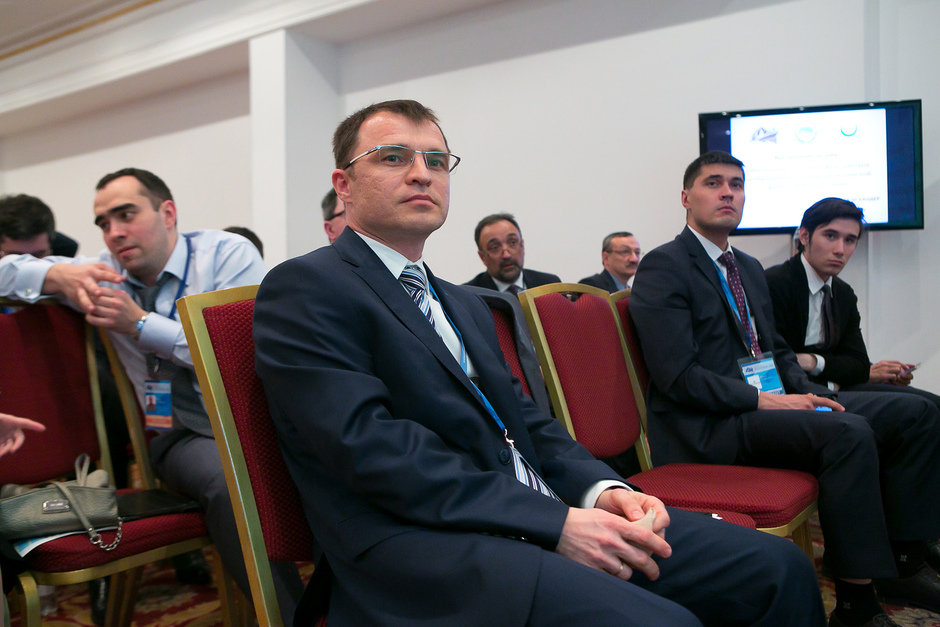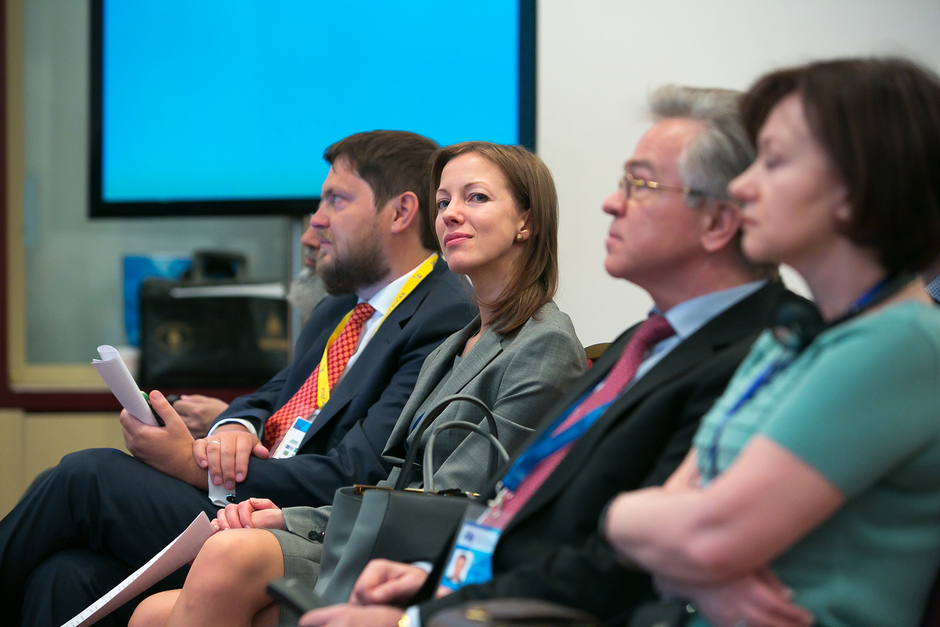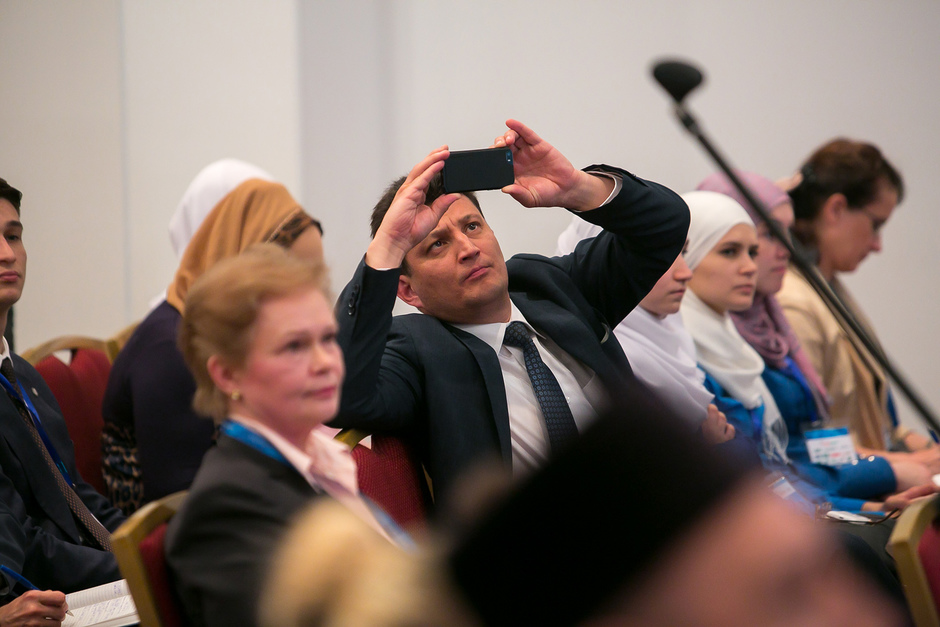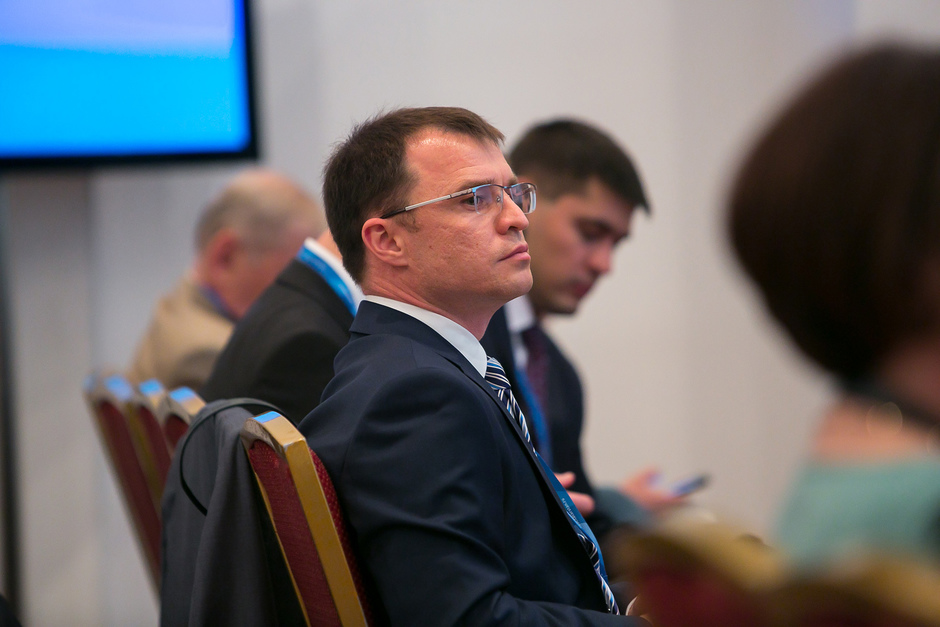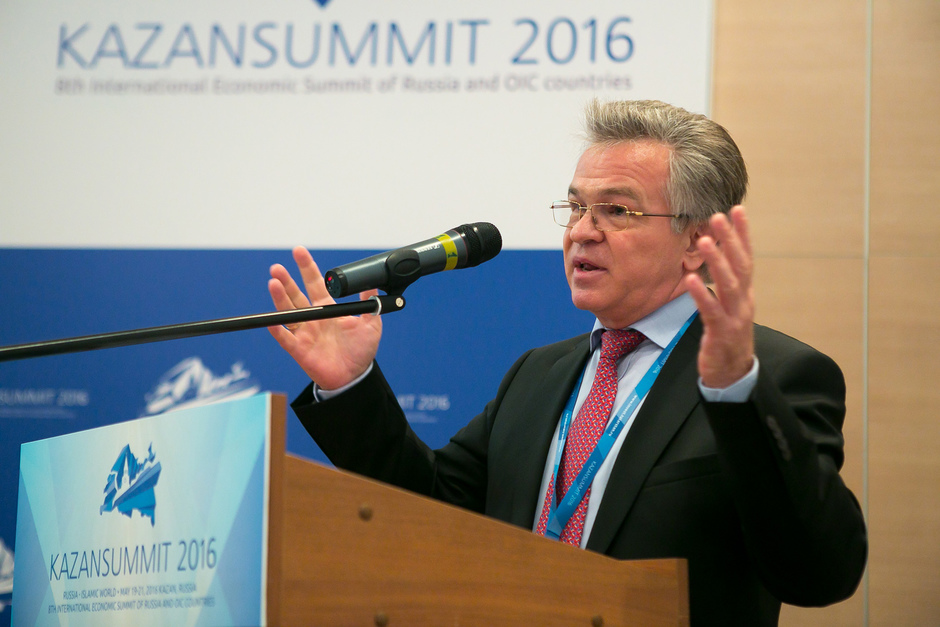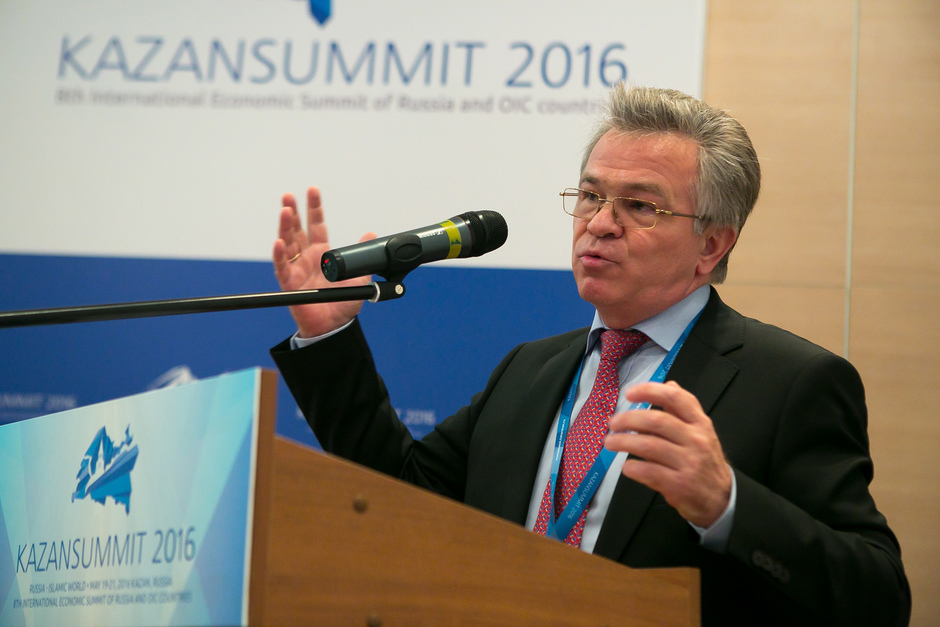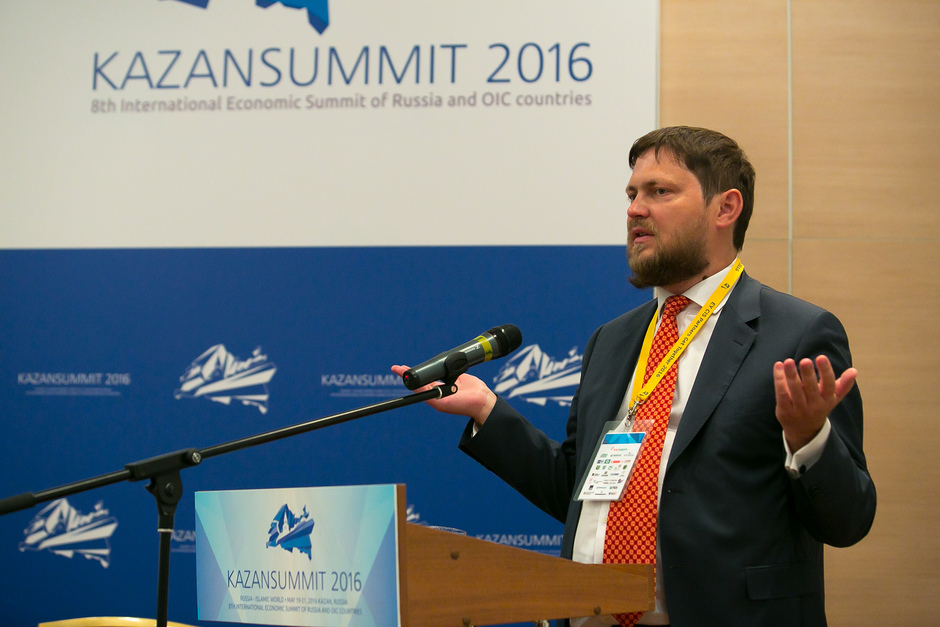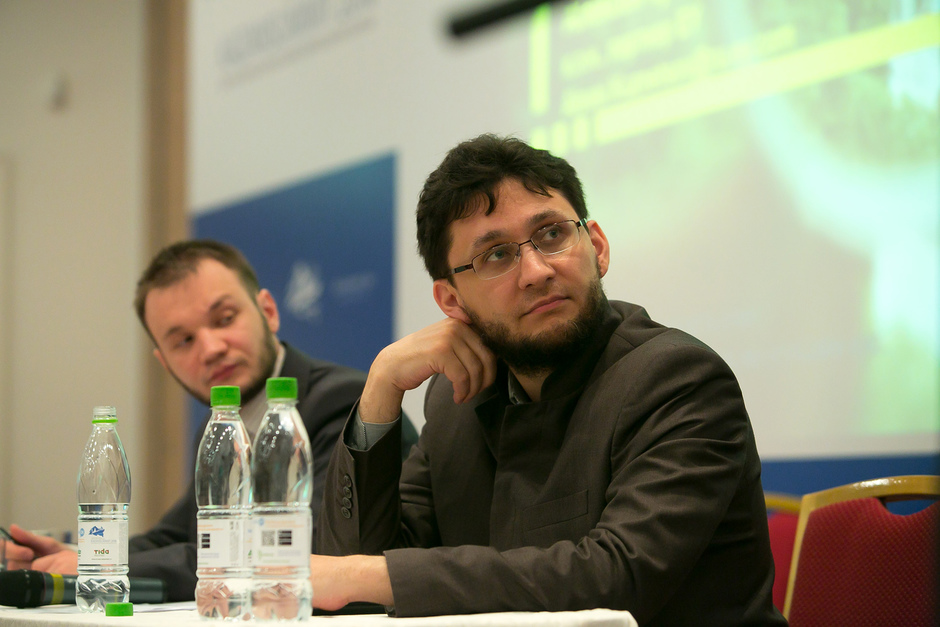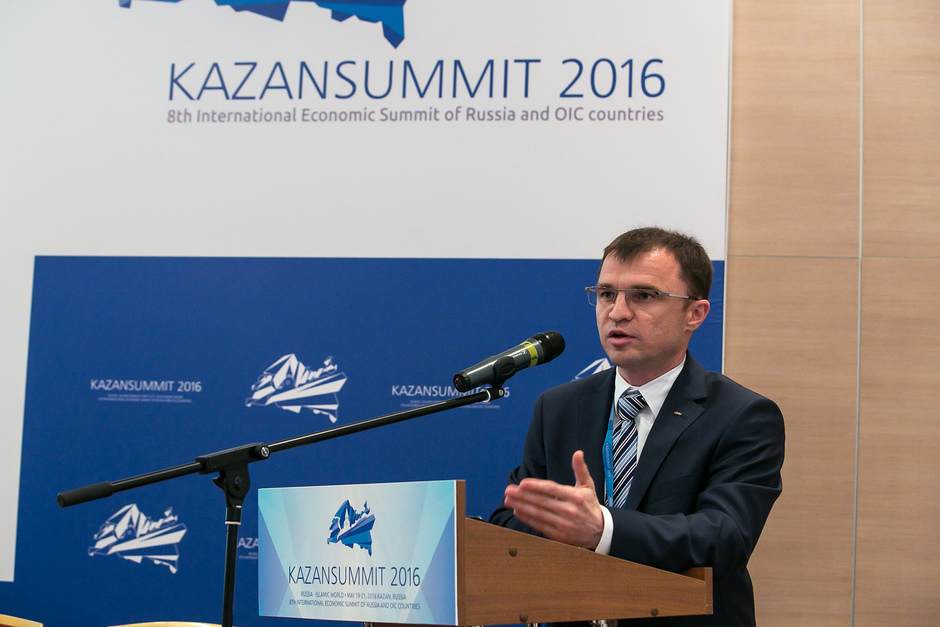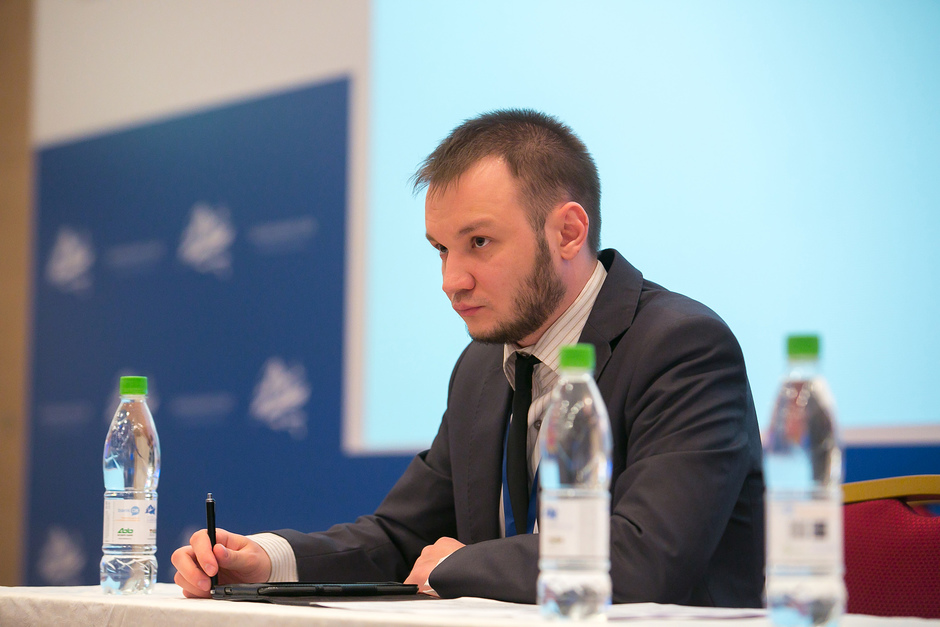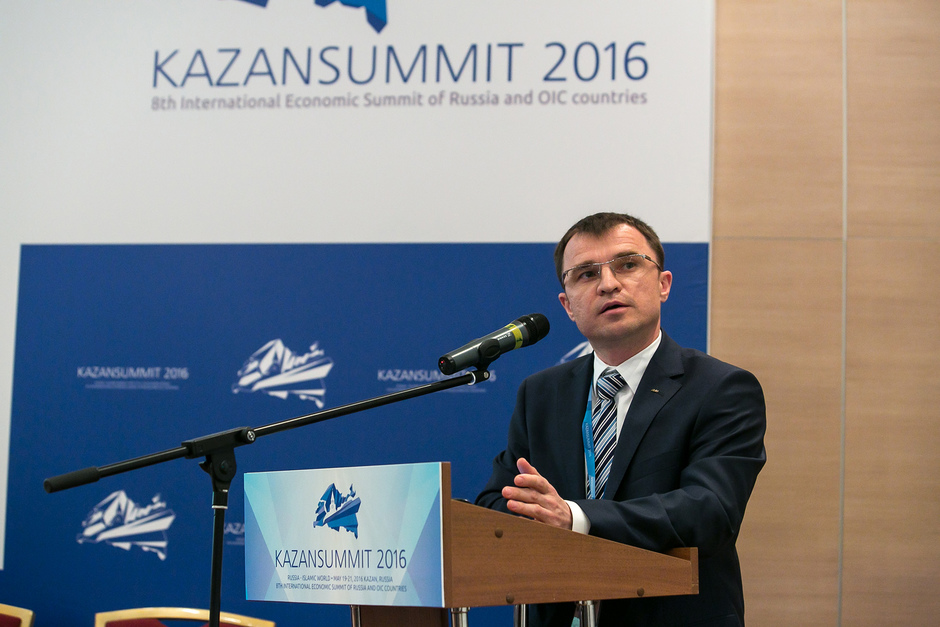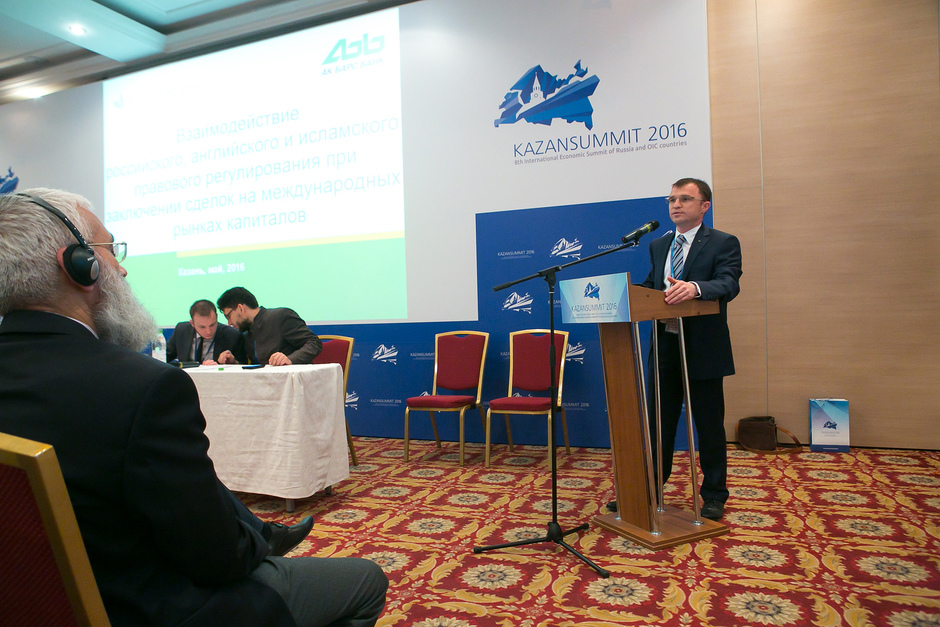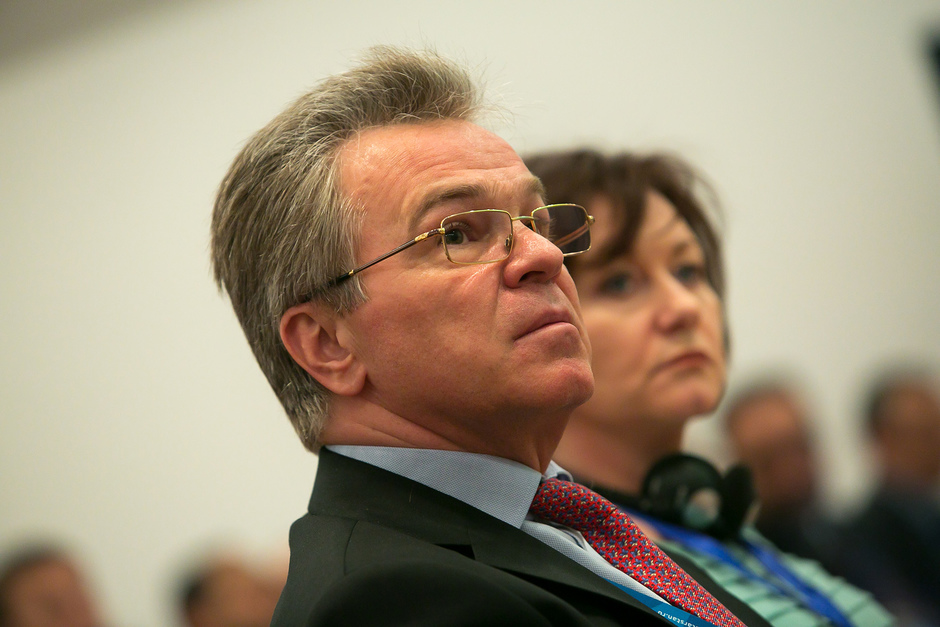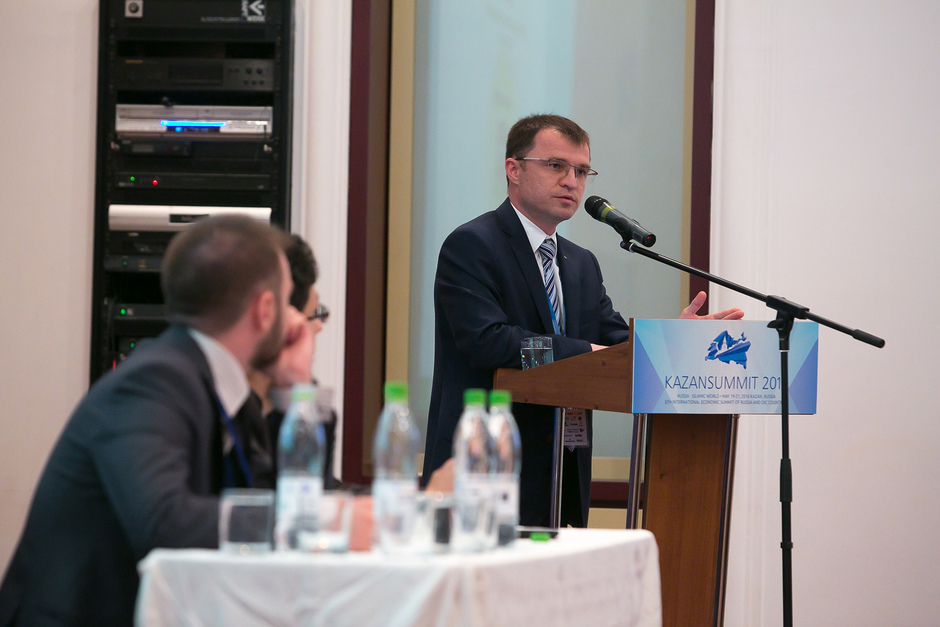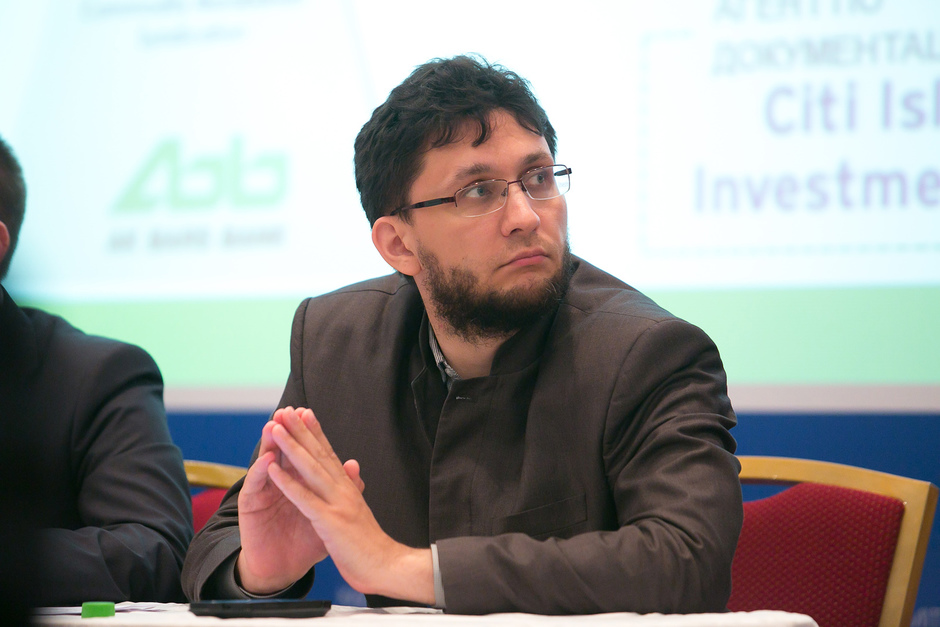‘We come to the fact that an Islamic product turns out to be more expensive due to VAT’
The creation of an international financial center in Russia, perhaps, with the use of Islamic finance, was announced at the KazanSummit-2016
During the seminar 'The application of mechanisms and instruments of Islamic finance in the banking system of the Russian Federation', the specialists discussed the possibilities of implementation of new financial instruments through the Civil Code or a special law, they put emphasis on tax barriers for the introduction of Islamic finance and also voiced the prospects to include interest-free instruments in the ambitious project of creating an International financial centre.
About how two centuries ago they thought about the establishment of Islamic banking in the Volga region
The director of the Economics and Finance Center of the Russian Islamic University Rinat Gabbasov opened a seminar on the use of Islamic finance. At the beginning of his speech, he noted that there have been certain discussions on who was the first who created Islamic bank — Egypt or Arab Emirates. But it turned out that the talks about it began in Tatarstan in the XIX century!
'At the beginning of XIX century by order of merchants Apanaev and Yunusovs it was written the work, which spoke of the necessity to establish an Islamic bank. It stated that there was the industrialization process, and it could not take place without loan capital. For Muslims, conventional banking capital was ambiguous. So, the Muslims began to look for their own way. Unfortunately, the industry did not start to develop,' said Gabbasov.
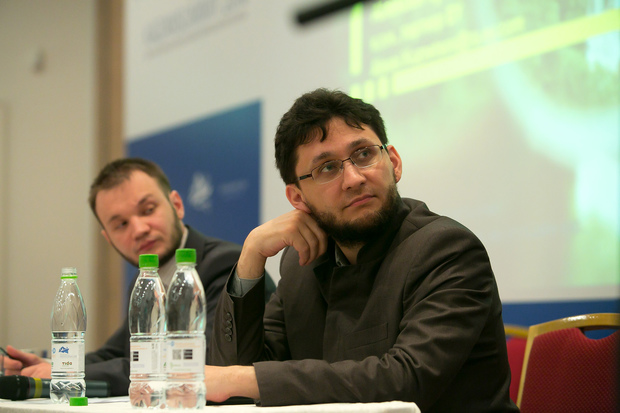
Rinat Gabbasov: 'For Muslims, conventional banking capital was ambiguous. So, the Muslims began to look for their own way. Unfortunately, the industry did not start to develop.'
Besides, the moderator of the seminar spoke about the term 'Islamic finance' and the tendency to replace it with a less religious-coloured.
'We live in a multi-religious, multi-ethnic country and the term 'Islamic finance' is probably not correct, it is easier to talk about 'partner finance,' set the tone of the discussion Rinat Gabbasov.
Non-speculative instead of partner
The speaker with the first report, the representative of the Law Department of St. Petersburg State University Inese Tenberga developed this theme, noting that the concept 'partnership" in Europe implies a different meaning, and noted to call this financial instrument as 'non-speculative investment activity'.
'Partnership with whom? For what purposes? In my opinion, it makes sense to discuss a new vector of Russia's development — not a partner banking, but non-speculative investment activity, separating two sectors — the credit banking sector from the investment one. We do not have a law on investment banks – it is a good thing. We have no definition of what an investment bank is, so the legislator has full discretion to adopt a law for the whole banking industry,' noted Tenberga.
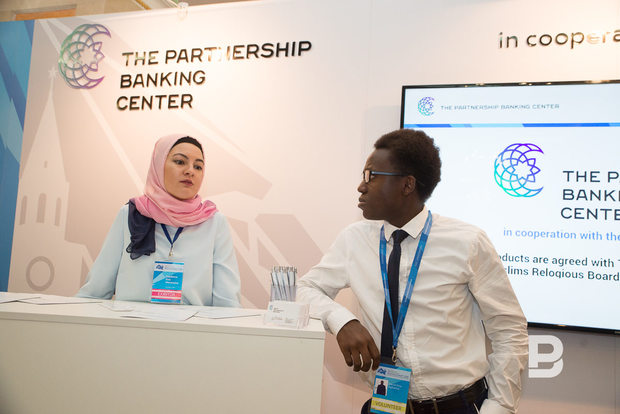
During the discussion, the speaker noted that the most promising way for the legalization of Islamic finance — the adoption of a special law, as any changes to the Civil code are extremely complicated by procedures. Besides, changing the approach from 'partnership' to 'non-speculative' will allow applying the full range of Islamic financial instruments and to move away from religiousness of the concept.
International financial center with the participation of Islamic finance
An unexpected statement was made by the partner of Ernst&Young Aleksey Kuznetsov. He said that the project of creating of an international financial center continues to be implemented, despite the fact that after giving the functions of mega-regulator to the Central Bank of the Russian Federation many experts stated that the IFC project seems to be closed. Moreover, Kuznetsov noted that now there is a window of opportunities.
'The group of IFC is at a crossroads now, because the road map, which was before, has been largely mastered. There will be a strategic session of the IFC, and a new road map will be formed. I think that the subject matter of Islamic finance may be included,' said Kuznetsov, who is also included in this group.
As for the problems with the legislation, he noted that the project cannot be localized (meaning the changes in the regional legislation), and they should approach it solely as a pilot project, and Tatarstan is perfectly suitable for it.
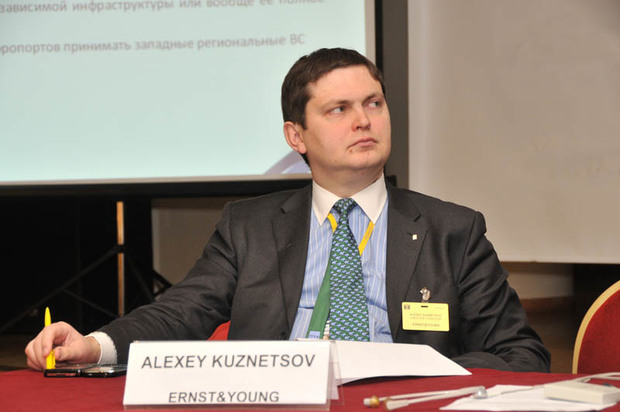
An Islamic product turns out to be more expensive due to VAT
Speaking about the problems of Islamic finance, Kuznetsov highlighted the tax barriers.
'If we compare the cost, we come to the fact that an Islamic product turns out to be more expensive due to VAT. Until we do not solve that problem, altruism is not sufficient basis to build a wide economic activity. If a tool is more expensive — it won't work out,' said Kuznetsov.
The research of the analytical service of Realnoe Vremya has fully confirmed this state of affairs. In comparison with conventional bank loans, Islamic financial products turn out to be more expensive for the customers. To solve that, the expert suggested applying the existing international experience.
'The most important task is to have parity of taxation. Many countries took the path to say that there is an economic substance of the transaction, and let's admit a deal of this substance, to build a taxation based on economic substance of a transaction,' was the recipe from the partner of Ernst&Young.
The most speakers touched upon the problems as well. The thing is that the existing legislation allows working on Islamic principles as well, however, all speakers agreed that a special regulation is needed. Kuznetsov noted that in the framework of the Customs Union sooner or later (if nothing is undertaken) this niche will be occupied by the Kazakhstan banks.
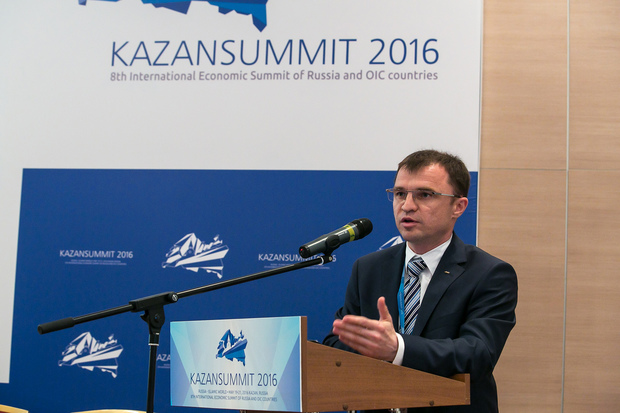
Aidar Mukhametzyanov: 'We have managed on the basis of Russian and English laws to combine the incompatible, to find forms that allow doing it'. Photo: Roman Khasaev
We have managed to combine the incompatible
The managing director of investment and international business AK BARS Bank Aidar Mukhametzyanov told about how Russian, British and Islamic regulations interact in concluding transactions in the international capital markets. The report was based on practices carried out by the bank.
'How the transaction 'sukuk' is carried out – in fact, it is an equivalent of eurobonds. There is a specially created SPV company, where the real operating assets are transferred. There is no such transfers of assets in eurobonds (SPV is an empty company), but here we see a real company that works for this deal, but in its structure it bears less risk for investors,' Mukhametzyanov said how the complex scheme works with the existing regulation.
According to the speaker, AK BARS Bank has managed to do practically the impossible.
'We have managed on the basis of Russian and English laws to combine the incompatible, to find forms that allow doing it,' told Mukhametzyanov.
Referring to the difficulties of the work, the managing director for investment and international business of ABB noted that, for example, you can finance the opening of a shopping center, but there may be alcohol to sell, what is haram, as it turned out, there is a solution.
'If the share will not exceed 5%, then the Shariah Board permits it. There is an uncertainty, which we cannot guarantee.'
As for barriers, the speaker listed the Civil code with specific articles that mention the percentage, there are problematic articles in the law on the banking activity as well.
